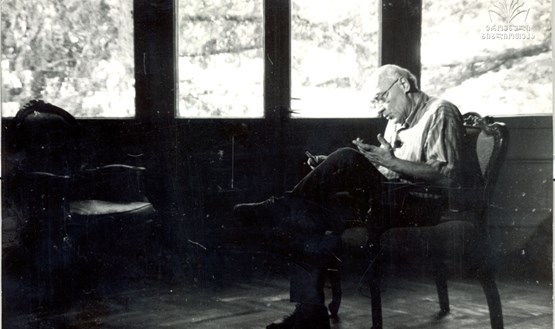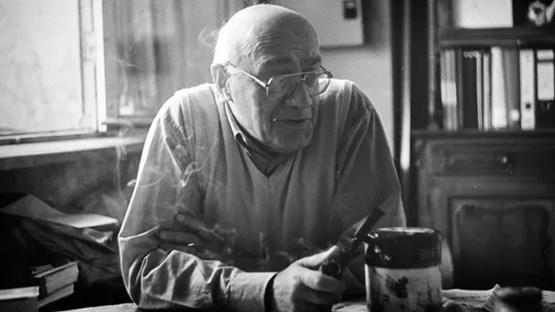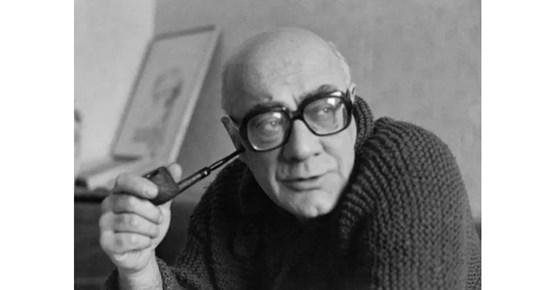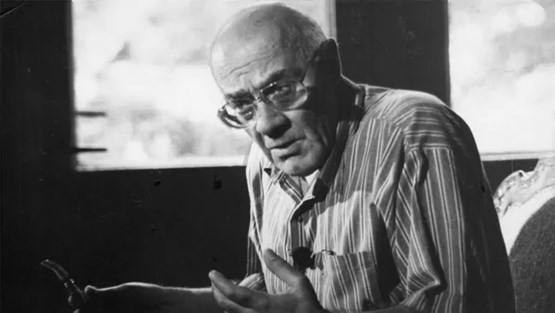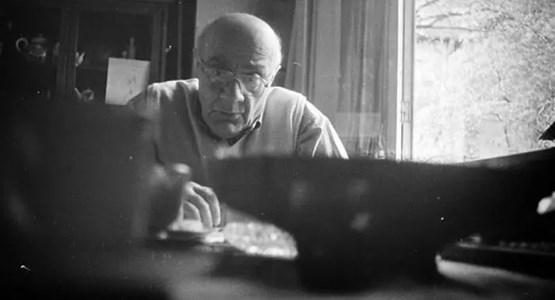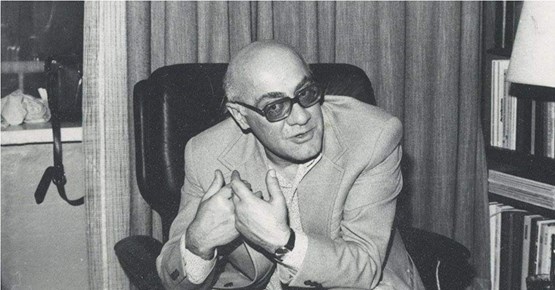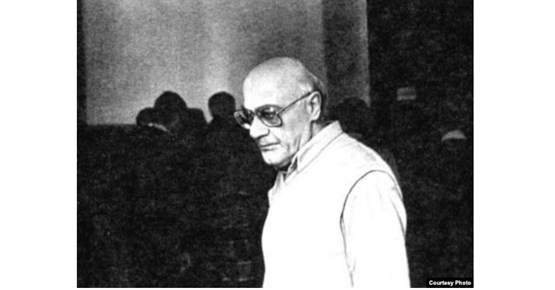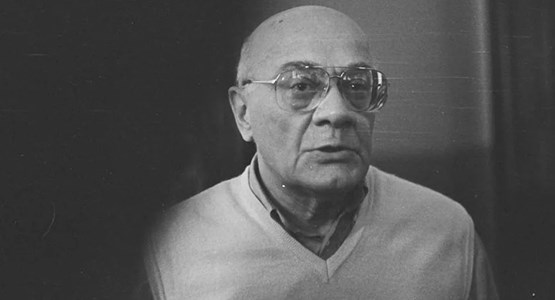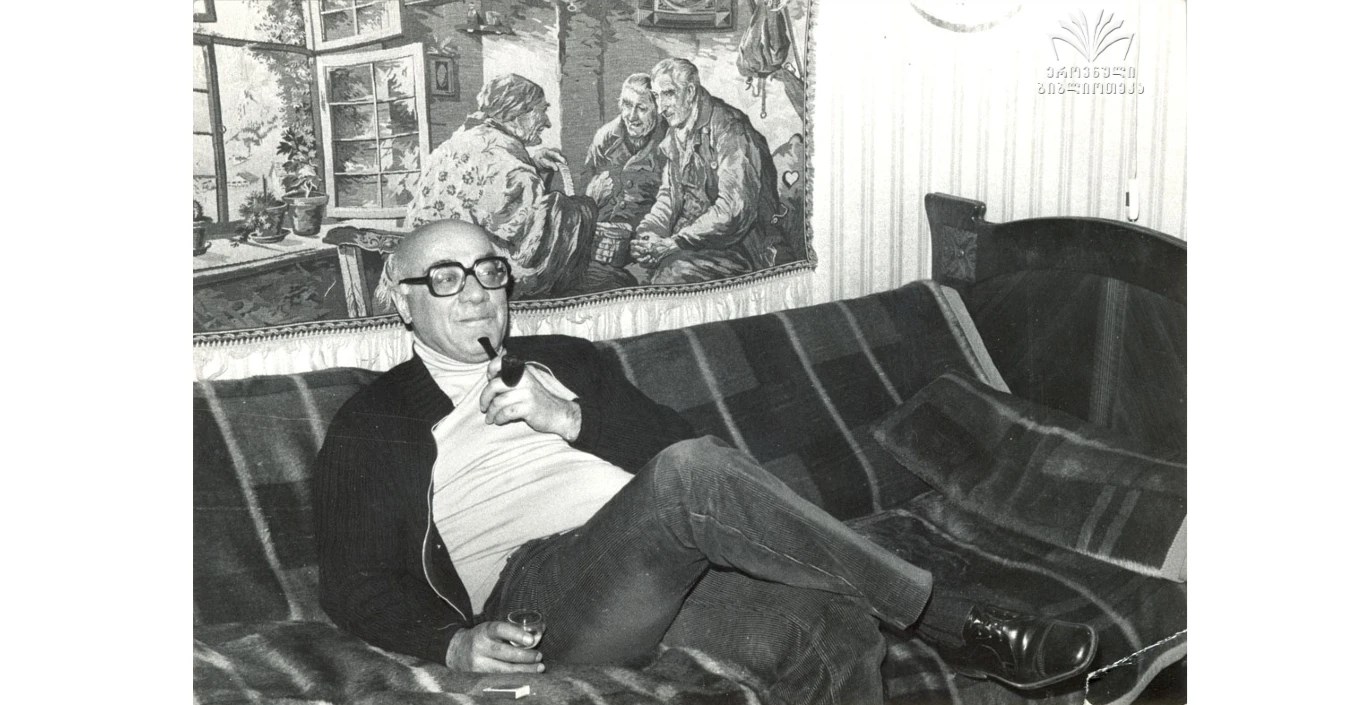
Repeating Mamardashvili Essay 12– Temporalities [1]_Closing a Gap
Summer has turned into early fall. A break, much needed, has turned into a turning point. It was not a usual summer, when the heat allows to slow the pace, when long nights are met with a short cool breeze, when sun recharges the body and one's mind wanders because of time set free. At least for me it was not the usual summer of bringing a generally much needed break from one's daily routine, but it became more of a preamble for a time, when after eighteen months of stumbling through a distorted routine, I finally regained balance. And with this balance a routine, both of long standing and another.
Those eighteen months seem like a gap, a sensation of having fallen out of time, out of my time. Though these months only seem like that partly, out of time yes, but at the same time within another kind of time. Again, another kind of my time, not to be confused with – the time of the pandemic.
I am remembering where I had been just before this time shift happened, while I am starting to wonder where I am right now. Just before. Then the gap. Then now. And then tomorrow. But all of these, right now, I think.
While also thinking that I should reread Mamardashvili's last lecture of the first lecture series on Proust (1981_82) and then I should reread the first lecture of the second lecture series on Proust (1984_85), since, despite the fact that the time gap between these two lecture series has little to nothing to do with this time gap that I have experienced, or which I am in a way still experiencing when thinking about it, sometimes forcefully, sometimes involuntarily evoking memories, there, between those two lecture series, there is an end, a gap and a beginning.
Rereading the final lecture of the first lecture series, lecture thirty-three, I read:
Notice the distinction between future, past, and present. Keeps the whole life of the being in the present. […] It is all in the present. / Note the distinction between future, past, and present. Keeps the creature's whole life in the present. […] It is all in the present. / Pay attention to the distinction between the future, the past and the present. Keeps the whole life of being in the present. […] It's all in the present. (33/1981_82)
The reading spaces of La Biblioteca del Museo Reina Sofía are my current present. Here, it is rather easy to imagine the interconnection of past, present and future. Surrounded by thousands of books, while working alongside a few other people. Sometimes, when looking up to the enormous chandelier, I wonder what is being read, being thought, being written at this very moment. Possibly, to be shared with others in the future.
Reading on, I indulge in Mamarrdashvili's train of thought. Every now and then a sentence strikes, illuminates:
And I realize what made that shifted time feel so out of tune. Here, sitting underneath this gigantic chandelier I realize that those past eighteen months were a time without ruptures. Despite having written about ruptures in the very first 'Repeating Mamardashvili' essay, my time was without ruptures, this was the gap that all my longing couldn't close.
Lectures 1981_82:
Мераб Мамардашвили. Лекции о Прусте (психологическая топология пути). Ad Marginem. Москва. 1995. (Редакторы: Е.В. Ознобкина, И.К. Мамардашвипи, Ю.П. Сенокосов)
AI translations by https://translate.google.com / https://www.deepl.com/en/translator / https://www.collinsdictionary.com/translator
Author: Katharina Stadler
We Recommend
